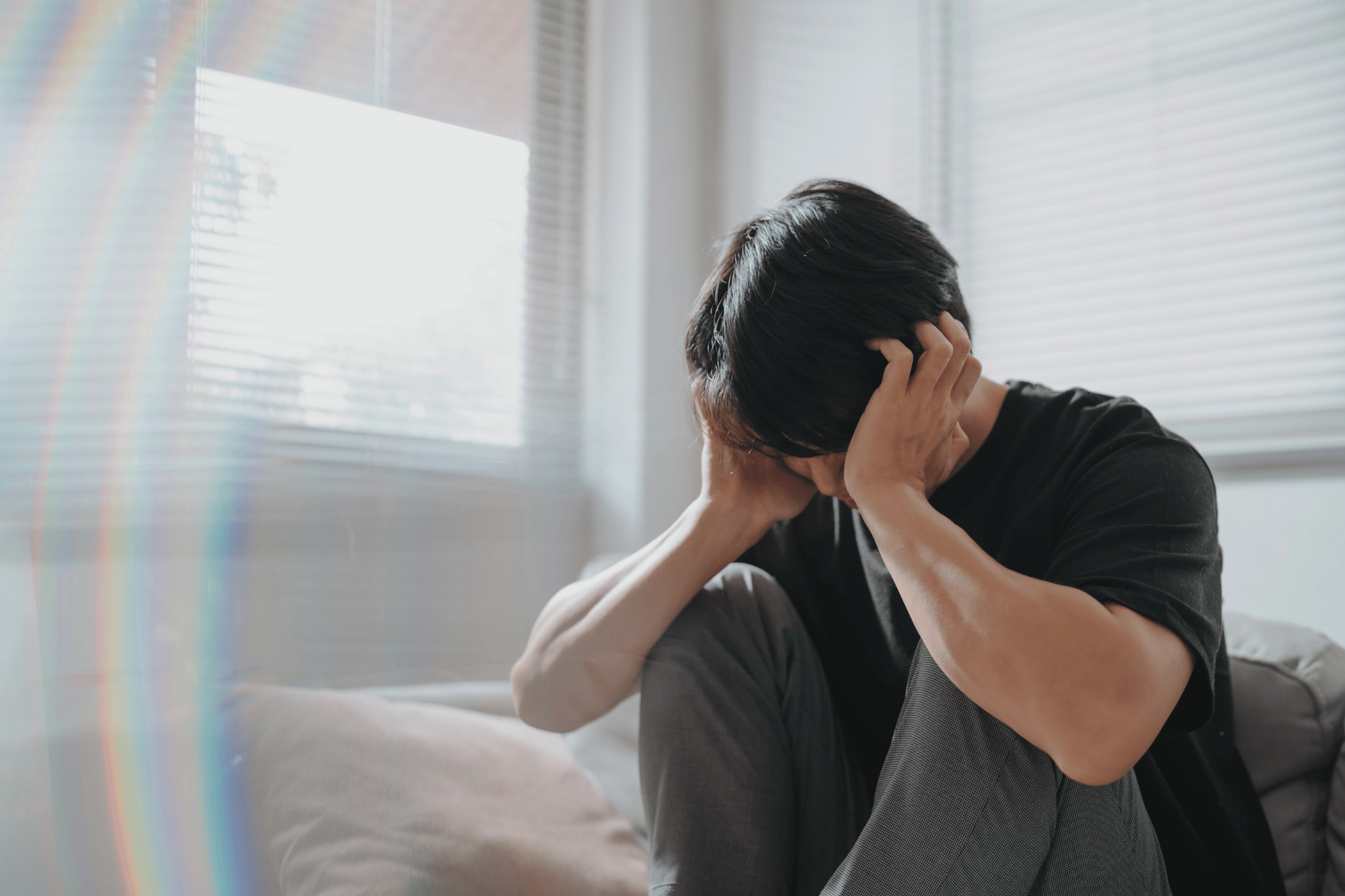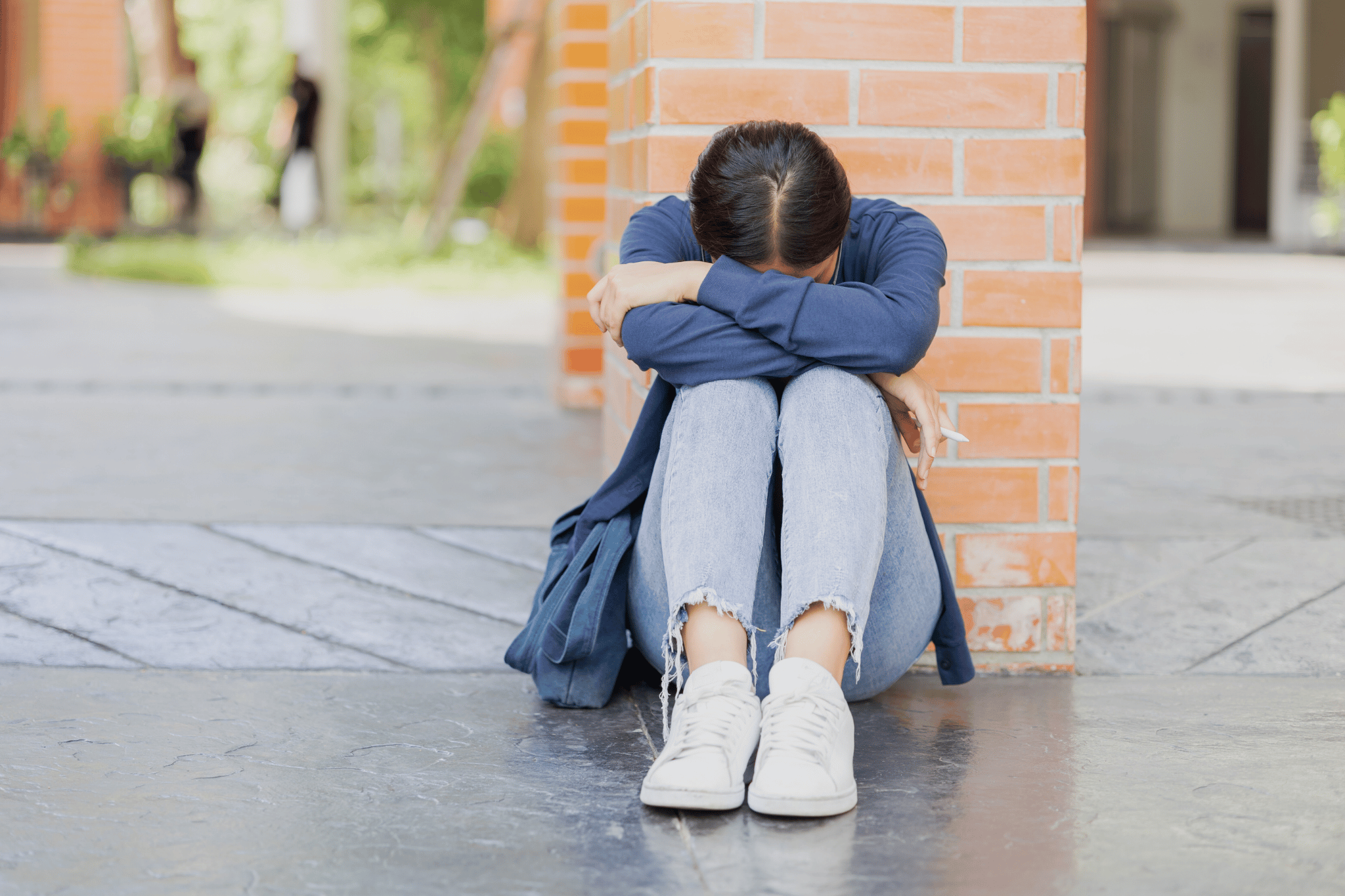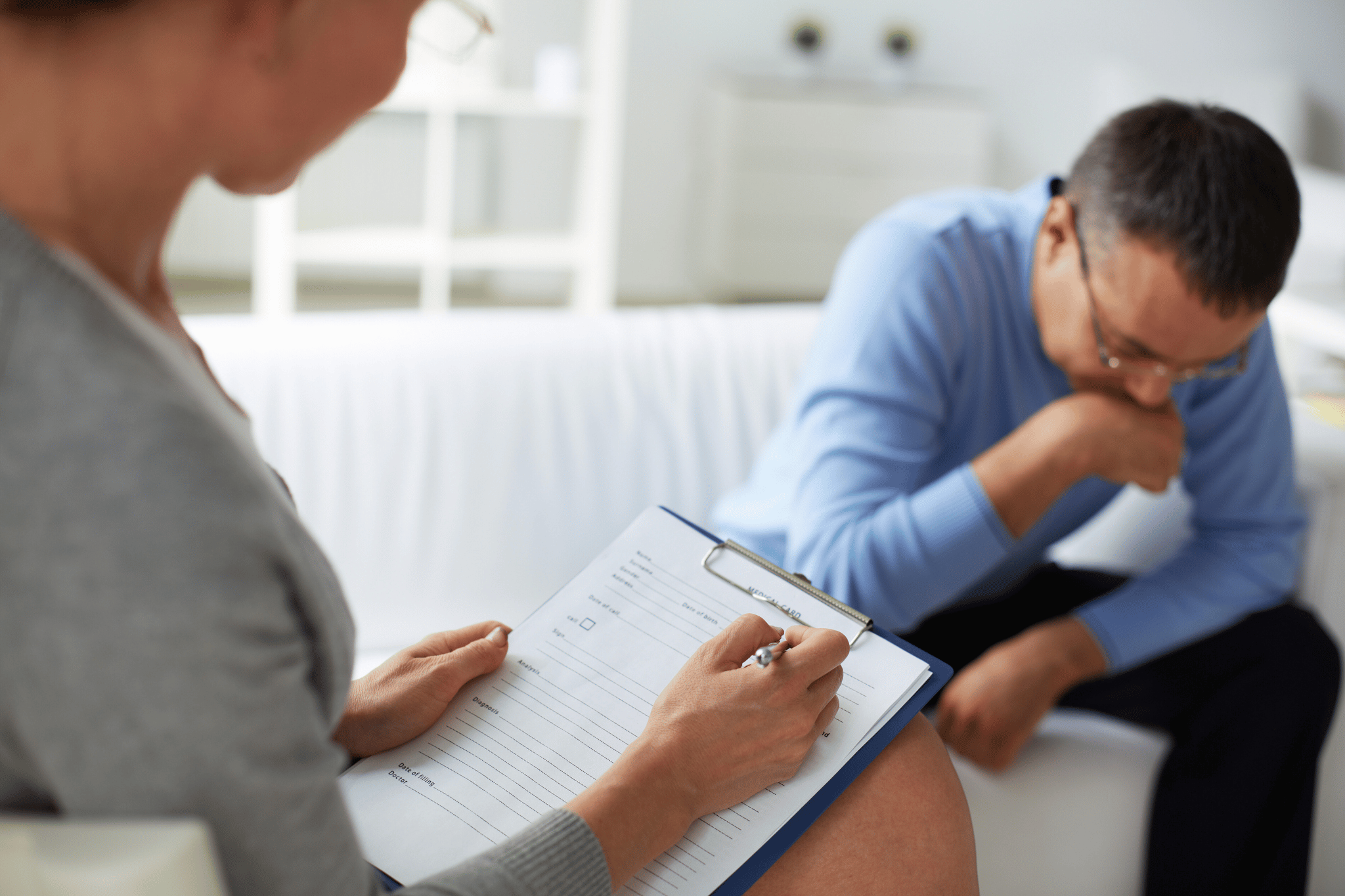Manage Your Well-Being: The Link Between Anxiety and Health
Anxiety can affect every part of a person’s life—from behavior and mood to physical health. At Adolescent Mental Health in Orange County, we help teens manage anxiety and improve their quality of life through evidence-based therapy and personalized care.
Overview
Anxiety is a stress response that can cause emotional and physical symptoms. For some teens, the fear and worry become ongoing and overwhelming. These may signal an anxiety disorder, a health condition that requires diagnosis and treatment from a qualified health professional.

What Is an Anxiety Disorder?
An anxiety disorder causes intense worry, fear, or panic that disrupts daily activities. Teens may avoid situations that trigger their symptoms, which can lead to isolation, insomnia, and poor coping behaviors. Without care, anxiety can increase the risk of depression, addiction, or physical disease.
How Common Are Anxiety Disorders?
Anxiety disorders are one of the most common mental health issues among adolescents. According to the Anxiety and Depression Association of America, these conditions affect around one-third of teens. Risk factors include family history, chronic stress, trauma, and substance abuse.
Types of Anxiety Disorders
Each anxiety disorder involves unique symptoms. These include:
Generalized Anxiety Disorder (GAD): Chronic worry about school, health, or family.
Panic Disorder: Sudden episodes of panic, shortness of breath, dizziness, or palpitations.
Social Anxiety Disorder: Fear of judgment or embarrassment in social settings.
Specific Phobia: Fear of a specific object or situation, like needles or flying.
Agoraphobia: Fear of being in crowded places or situations where escape feels hard.
Separation Anxiety Disorder: Distress about being apart from a parent or caregiver.
Hypochondriasis (Illness Anxiety Disorder): Ongoing worry about having a serious disease.
Symptoms
Anxiety can affect the body and brain. Common symptoms include:
Rapid heart rate or blood pressure changes
Sweating, nausea, or muscle tension
Headache, fatigue, or dizziness
Sleep problems, such as insomnia or waking early
Irritability, overthinking, or restlessness
Avoidance of school or social activities
Feelings of fear, pressure, or loss of control
Hyperventilation, lightheadedness, or shortness of breath
These signs may lead teens to search for answers online, increasing stress and confusion from unreliable internet sources.
When to See a Doctor
See a physician or mental health professional if anxiety symptoms last weeks or months, or if they interfere with school, friendships, or physical health. Early diagnosis and treatment lower the risk of long-term problems such as depression, poor cognition, or substance abuse.

Caring for a Loved One
Parents can help by:
Creating a calm, supportive environment
Encouraging physical activity and a healthy diet
Reducing caffeine and promoting good sleep hygiene
Helping the teen try relaxation techniques like meditation or deep breathing
Avoiding punishment or judgment for anxious behaviors
Seeking professional therapy and peer support
Support also includes educating yourself with accurate information on anxiety, coping tools, and mental health advocacy.
Causes
Anxiety disorders may be caused by:
Genetics and brain chemistry
Overactive stress hormone systems, like elevated cortisol
History of trauma or domestic violence
Ongoing fear or pressure from school or peers
Chronic physical illness such as asthma or type 2 diabetes
Stimulant use, caffeine, or poor sleep
Hormonal changes, including during menopause in older teens
Some teens may also experience anxiety as part of bipolar disorder or other mood-related conditions.
Risk Factors
Common risk factors for teen anxiety include:
Family history of anxiety or depression
Exposure to violence, trauma, or drug use
Social isolation, bullying, or major life changes
Chronic medical conditions or pain
High levels of screen time or internet exposure
Poor stress management or coping skills
Without treatment, these factors can worsen and lead to long-term physical and emotional health issues.
Complications
Untreated anxiety can lead to:
Chronic fatigue and tension
Drug misuse and substance abuse
Poor academic performance and dropout risk
Emergency department visits for physical symptoms
Increased risk of suicidal thoughts or self-harm
Weakened immune system and inflammation
Weight loss or eating disturbances
These effects highlight the need for early intervention and support from mental health professionals.

Effects of Anxiety on Your Mind
Anxiety can change how a teen thinks and feels. Emotional and cognitive effects include:
Constant fear and overthinking
Low self-esteem and shame
Negative patterns in behavior and mood
Poor focus or memory
Feelings of detachment or loss of control
Over time, anxiety can increase the risk of depression in young adults and worsen symptoms of other conditions like bipolar disorder.
The Physical Effects of Anxiety
Anxiety causes many physical symptoms due to its impact on the brain and central nervous system:
Chest pain, muscle aches, or headaches
Upset stomach, nausea, or diarrhea
Elevated heart rate and blood pressure
Fatigue and sleep anxiety
Dizziness, lightheadedness, or fainting
Decreased appetite or weight loss
Compromised immune system and increased inflammation
Some teens may develop sleep disorders or frequent emergency room visits due to physical symptoms caused by anxiety.
How Is Anxiety Disorder Treated?
Treatment includes therapy, medication, or both. Our therapists at Adolescent Mental Health in Orange County use proven approaches to reduce fear, build coping skills, and improve mental health outcomes.
Medications for Anxiety Disorders
Physicians may prescribe:
Selective serotonin reuptake inhibitors (SSRIs) like escitalopram or duloxetine
Benzodiazepines for short-term panic or sleep support
Clonazepam for severe, persistent anxiety
Natural anti-anxiety options such as St. John’s Wort (must be discussed with a doctor)
All medications should be managed by a health care professional to avoid side effects or drug interactions.
Cognitive Behavior Therapy (CBT) for Anxiety Disorders
CBT is one of the most effective treatments for anxiety. It helps teens:
Understand how thoughts affect emotions and behavior
Challenge irrational fears and change thinking patterns
Use relaxation techniques and stress management tools
Practice facing fears gradually and safely
Improve sleep, diet, and daily lifestyle habits
CBT can reduce symptoms, improve quality of life, and prevent relapse. It is often used alongside medication and peer support.
Conclusion
Anxiety disorders affect both the body and mind. They can disrupt sleep, behavior, health, and relationships. But with therapy, medication, and family support, teens can overcome anxiety and live with confidence.
If your teen shows signs of anxiety or depression, contact Adolescent Mental Health in Orange County. Our team offers expert care, suicide prevention resources, and coping tools that support long-term well-being.









